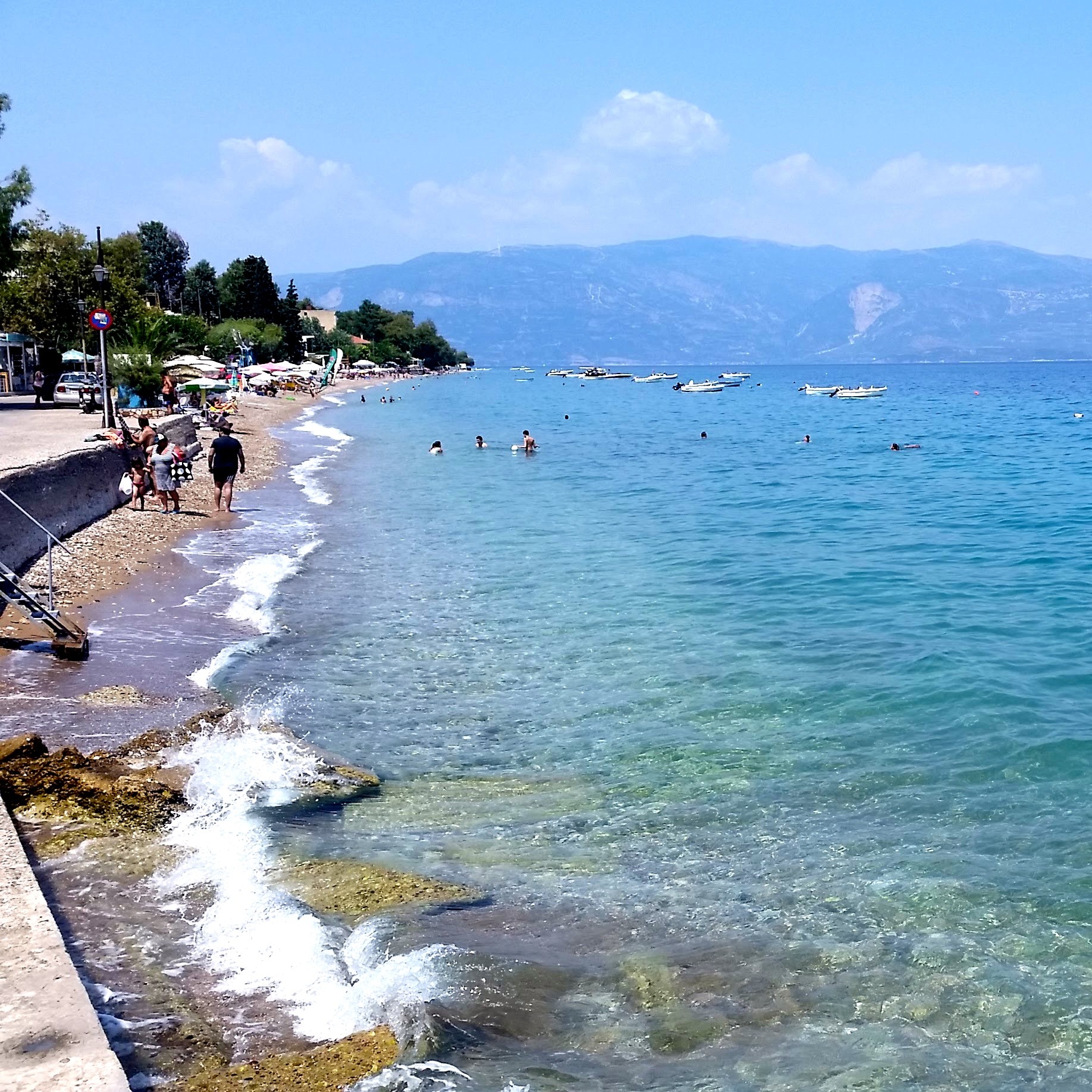This summer, in the unlikely sleepy town of Selianitika, Greece, I had an unforgettable immersive learning experience. I applied to the Paideia Institute’s Living Greek in Greece program, devoted to immersion in Ancient Greek, at the urging of a friend. It would be perspective-changing, she said. Instead of running between classes and juggling ten different assignments at once, I would have one task–to grow comfortable with Ancient Greek–and an incredible amount of free time.

It was a perspective-changing shift from my Princeton experience. I often feel limited by the lack of time available to fully experience the overwhelming material in my classes on campus. Beyond my Indo-European linguistics class, I want to browse through the Classics section of the library to see what I can find. In my computer science course, I want to do the optional exercises and play around with code. But independent exploration and extra-curricular learning can be hard to make time for, and I often end up working from one assignment to the next. Breadth and depth are challenging to achieve together.
In Greece, however, I only had two hours of class a day and a small amount of translation work. The rest of the days were wide open. We were living a few feet from the sea, our bungalows had fruit trees growing all around them, and it was sunny every day. Instead of taking away from the learning experience, all of these factors strengthened it. I spent time getting to know my fellow students, who ranged from other undergraduates to graduate students and even high school teachers from around the world. The time sparked amazing creativity–we invented conversational exercises for fun, discussed extra philosophical questions at dinner, and wrote parodies of Greek dialogues. We talked to each other about our academic passions and left plenty of time for long lunches on the beach and nights of swimming among the stars.
By the end of the two weeks, I had started thinking in Ancient Greek, and my translation skills had improved tremendously. I felt refreshed and grateful that I had given myself time to delve deeper into one subject I enjoyed at Princeton. I rediscovered the wonder in reading the words that a man named Plato formulated thousands of years ago, speaking the language that he thought and communicated in, smiling at the same jokes, and appreciating the same ironies.
Princeton classes are always going to be more work than we expect! It might remain hard to try to indulge in independent learning–at least until junior and senior year. But in the meantime, I would highly encourage you, O reader, to take a piece of your summer and try to delve deeper into a class that interested you on campus. Whether it entails working through interesting math puzzles from home or finding a community of people who want to learn to speak an ancient language, it’ll be an unforgettable thrill.
–Vidushi Sharma, Humanities Correspondent

